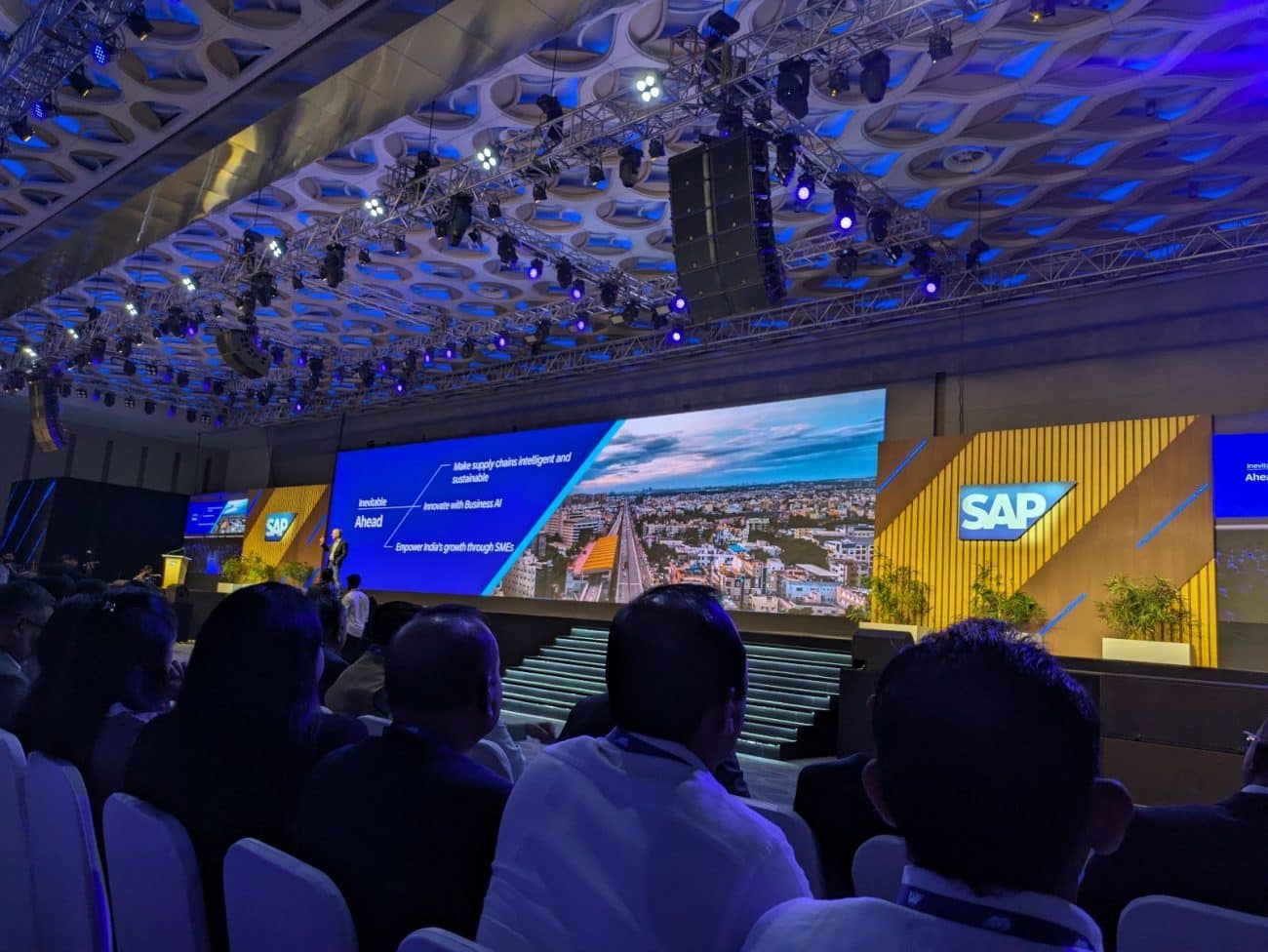|
Listen to this story
|
Renowned computer scientist Avi Wigderson has won the prestigious 2023 A.M. Turing Award from the Association for Computing Machinery (ACM) for “reshaping our understanding of the role of randomness in computation and for decades of intellectual leadership in theoretical computer science.” His contributions to the theory of computation profoundly impact areas such as randomness in computation, complexity theory, and cryptography.
The 2021 Abel Prize winner loves to solve challenges. He appreciates the complexity of problems, stating, “It’s good to have hard problems,” which he finds not only challenging but also beneficial for developing tools like pseudorandom number generators.
Wigderson began his academic journey at the Technion–Israel Institute of Technology, majoring in computer science. He then went on to study at Princeton University, where he earned an MS in Engineering in 1981, an MA in 1982, and a Ph.D. in 1983. He focused his research on computational complexity theory. After his Ph.D., Wigderson held several visiting positions at prestigious institutions such as IBM Research and the Mathematical Sciences Research Institute.
Since 1999, Wigderson has been with the Institute for Advanced Study in Princeton as the Herbert H. Maass Professor in the School of Mathematics, contributing extensively to the fields of theoretical computer science and mathematics.
Apart from this, the Israeli born scientist has several accolades to his name including Donald E. Knuth Prize (2019), Gödel Prize (2009), Levi L. Conant Prize (2008) and Rolf Nevanlinna Prize (1994).
Shaping Theoretical Computer Science
Wigderson’s research is notable for its breadth and depth, addressing some of the most pressing questions in computer science. His work on randomness in computation has been particularly influential. He explored how randomness can enhance the performance of algorithms, making significant advances in the efficiency of computational methods.
Another major area of his research is complexity theory. Wigderson has contributed extensively to our understanding of which computational problems are tractable and which are not, helping to classify problems based on the computational power needed to solve them.Understanding the complexity of algorithms allows researchers to develop more efficient methods for training machine learning models, especially when dealing with large datasets.
Wigderson, who is also a mathematics professor at the Institute for Advanced Study in Princeton, New Jersey, has also made groundbreaking contributions to cryptographic protocols and zero-knowledge proofs. Zero-knowledge proofs are methods by which one party can prove the validity of a statement to another without sharing any additional information. He describes zero-knowledge proofs as “the antithesis of mathematics,” where the goal is to prove the correctness of a statement without revealing any other information. This paradoxical nature of zero-knowledge proofs has broad applications, including in secure communications and blockchain technology.
Humans & Machines
In 2022, during an interview at the Heidelberg Laureate Forum, Wigderson offered rich insights into the evolving relationship between humanity and technology, discussing how foundational theories in computation directly impact the growth in AI and machine learning ML.
“In mathematics and other fields, we often encounter the question of how we differ from machines. I like to challenge this perspective by suggesting that we, too, are machines in a sense,” he added, challenging the conventional views by suggesting that humans, too, can be considered as machines—complex systems governed by the laws of physics, chemistry, and biology.
Speaking about the legacy of Alan Turing, Wigderson added that “He (Turing) was ahead of his time, pondering questions about machine consciousness and the potential for computers to mimic human behavior in various ways”. The Turing Award, named after Alan Turing, a foundational figure in modern computing who also developed the Turing Test, honors major contributions to the field of computing.
For Wigderson, this isn’t just a litmus test for machine intelligence but a broader philosophical inquiry into what constitutes ‘intelligence’.
Reflecting on Turing’s impact, Wigderson admired how Turing had foreseen key issues in AI, like machine consciousness that are central to contemporary AI research.
After being awarded the Turing Award in 2023, Wigderson’s thoughts from this interview resonate even more powerfully. His discussions not only align with Turing’s initial inquiries but also highlight a continuous thread of intellectual curiosity and exploration in computational theory.
This prestigious recognition in 2023 celebrated Wigderson’s lifelong contributions to theoretical computer science, acknowledging how his work has shaped our understanding of both the capabilities and the future potential of AI and ML.
The Turing award, often referred to as the “Nobel Prize of computing” has previously been awarded to John McCarthy (1971) and Marvin Minsky (1969) for coining the term “artificial intelligence” and laying the foundation for it. More recently in 2018, Yoshua Bengio, Geoffrey Hinton, and Yann LeCun were honored for their contributions to deep learning, improving AI significantly.












































































